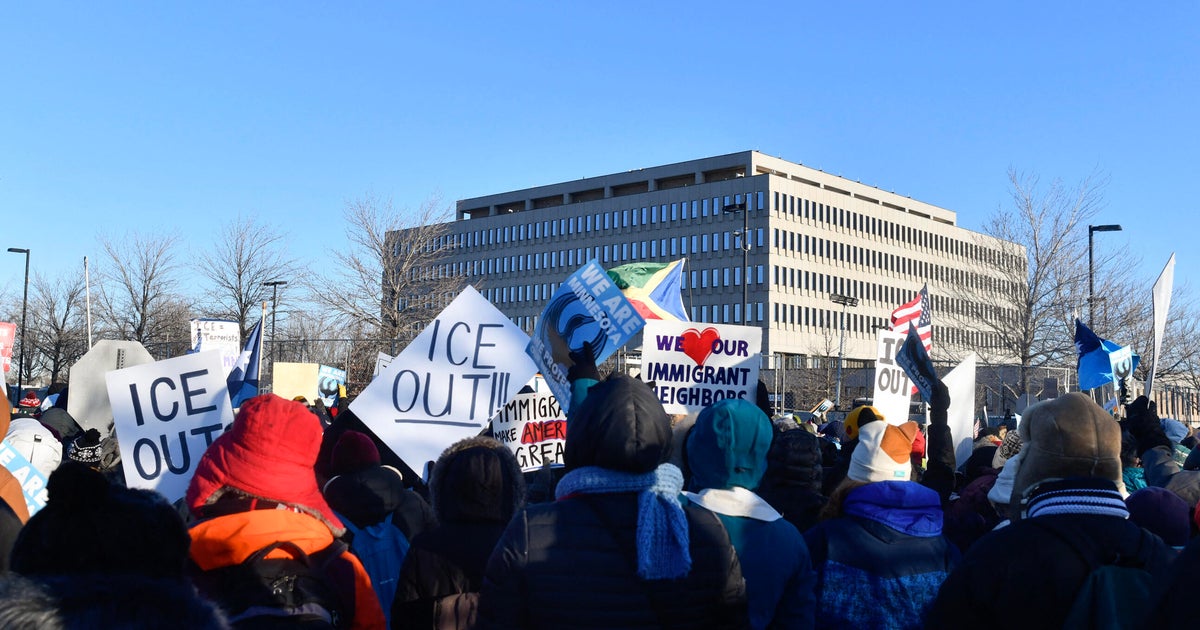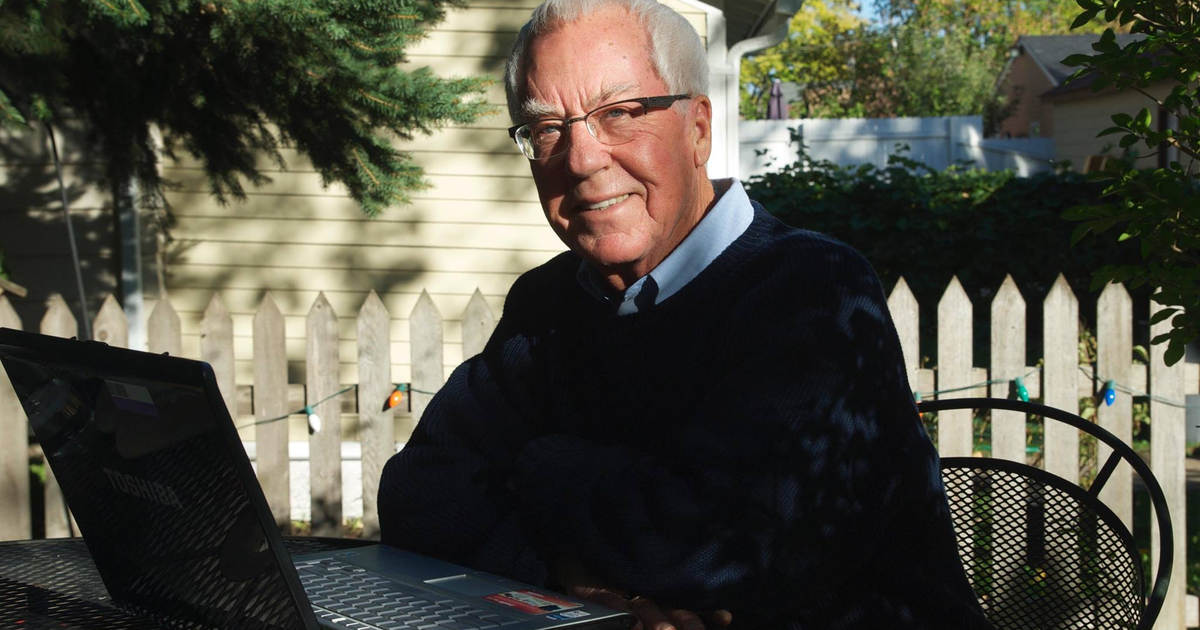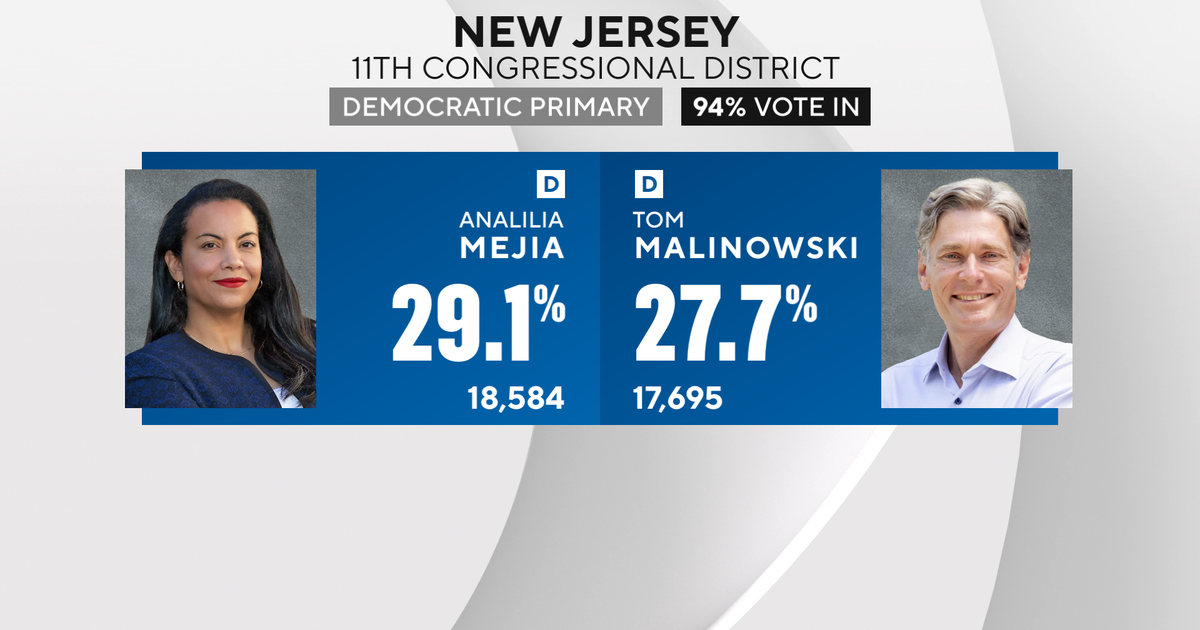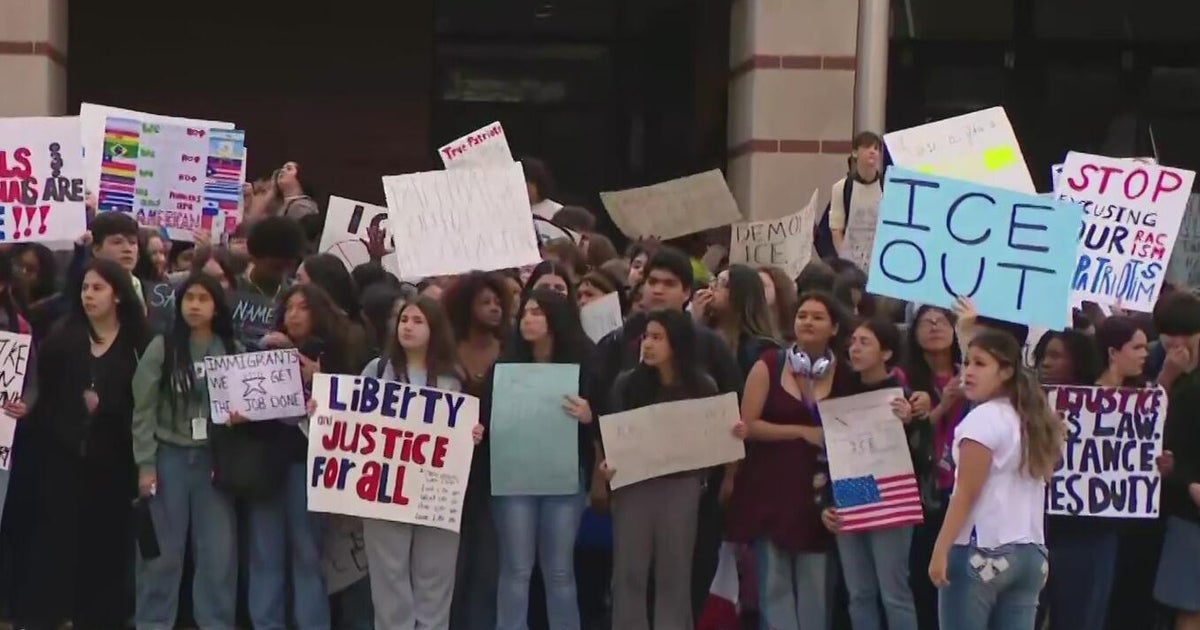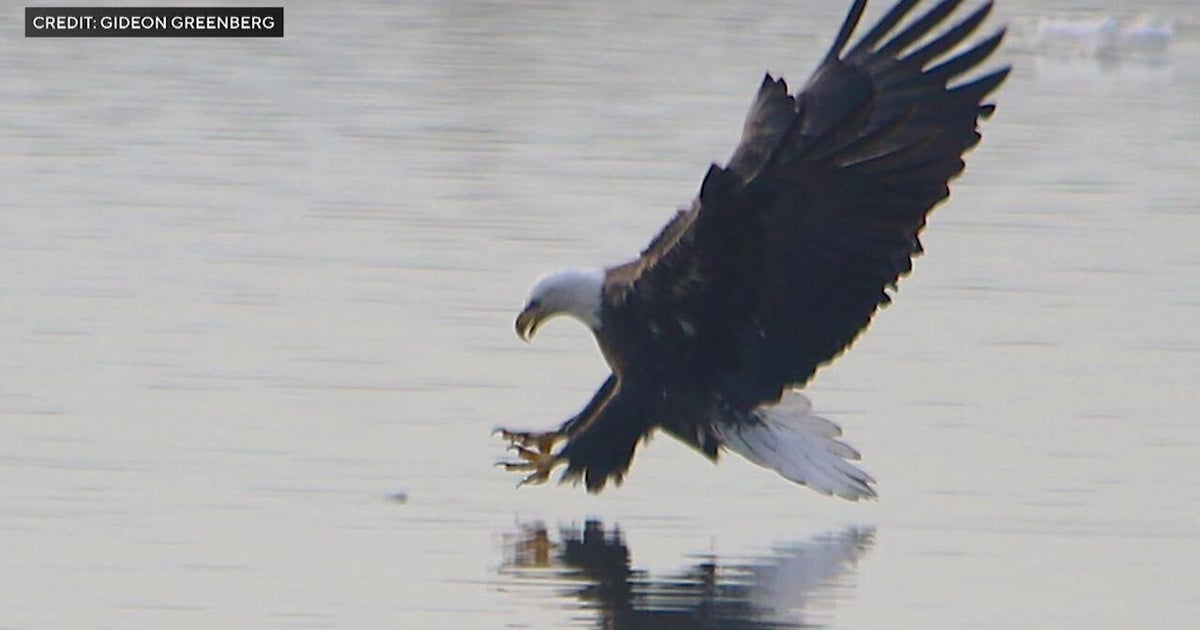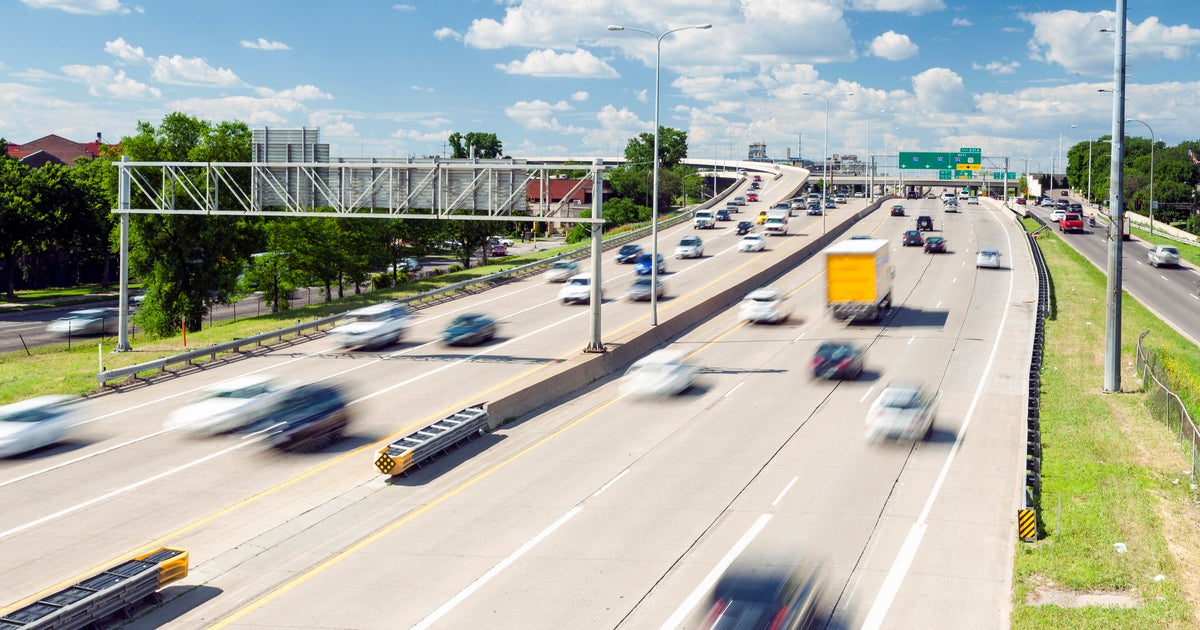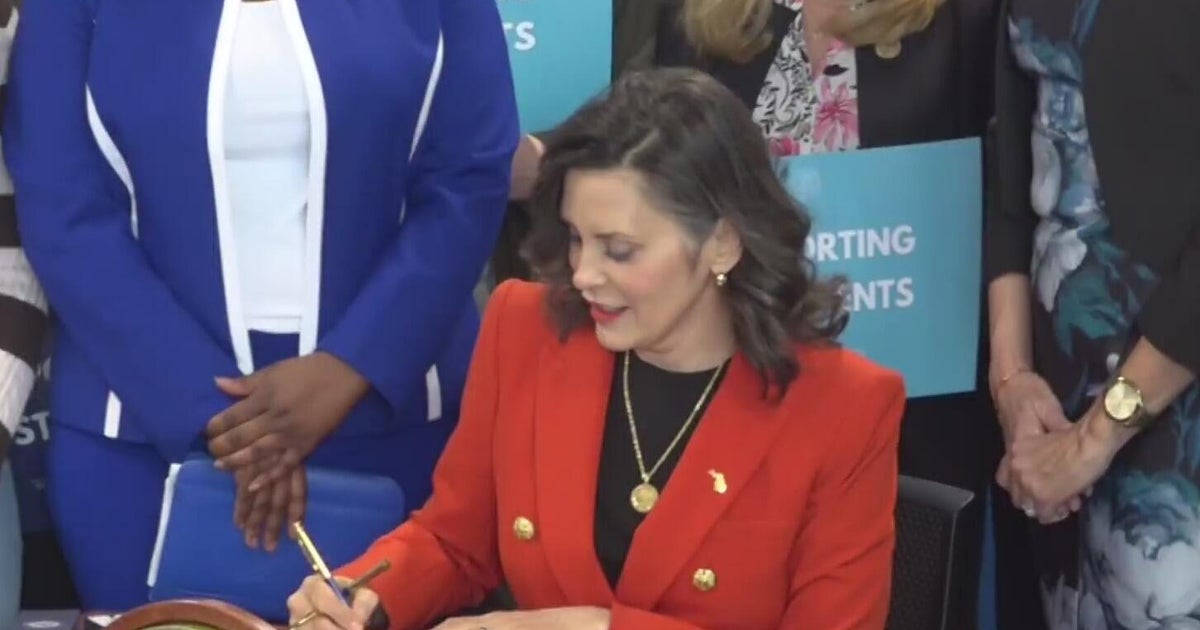Good Question: Why Do We Pay For Public Television?
MINNEAPOLIS (WCCO) -- No one expected Big Bird to be the breakout star of the first presidential debate between President Barack Obama and former Gov. Mitt Romney.
"I'm gonna stop the subsidy to PBS, and I like PBS," Romney said. "I love Big Bird. I, actually, like you too," referring moderator Jim Lehrer.
So why do taxpayers help pay for public television?
Obama had a comeback a day after the debate: "He'll get rid of regulations on Wall Street, but he's going to crack down on Sesame Street."
Taxpayers send $455 million to public TV stations every two years.
"It amounts to $1.35 for every US citizen...which is a pretty good bargain," said Jim Pagliarini, the president/CEO of Twin Cities Public Television.
And what are the costs locally?
"Out of our $28 million budget, about 10 percent [comes from the federal government]," he said. "So in 2013, about $2.8 million."
The history of public broadcasting started in the 1950s. As companies started taking over the public airwaves with for-profit broadcast operations, schools and colleges started taking channels for educational programs in the public interest.
That hodgepodge of educational stations became a network: National Educational Television.
But in 1967, Congress created the Corporation for Public Broadcasting to make sure there was a stable funding source for educational TV.
With the growth of cable television channels, there were many for-profit operations that mimicked some of the types of programming that public television provides, at least at first.
"If you look at the History Channel, very little is history; it's truck pulls. If you look at Arts & Entertainment, their programming has shifted. Because the kind of programming we do simply can't survive in the commercial marketplace," Pagliarini said.
He added: "TPT produces some programs in Somali languages, in Hmong languages and Vietnamese. We do that as a public service, we will never make money doing that."
He said that his public television station would not collapse without taxpayer support, but smaller public stations in rural areas would face problems. And those smaller stations help push funding to the national operation, which creates shows like NewsHour and Sesame Street.
"If the taxpayer money went away, TPT would not go away," he said. "TPT would not go away, but I've worked long enough in the system to know the system would collapse."
He added: "We're not having our education system totally run by the private sector, not having colleges and universities run by the private sector. There are certain things we do as a society we're going to invest in because it's a public good."
